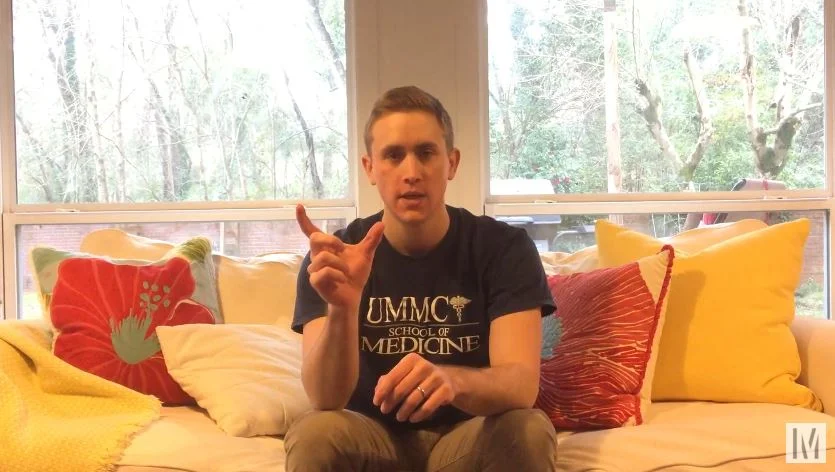Street Address
City, State, Zip
Phone Number
Your Custom Text Here

Videos Database - Memory Techniques and Memory Palaces for Students
Memory techniques and memory palaces for students - Videos on how to use memory palaces to learn medicine, languages, and more.



















